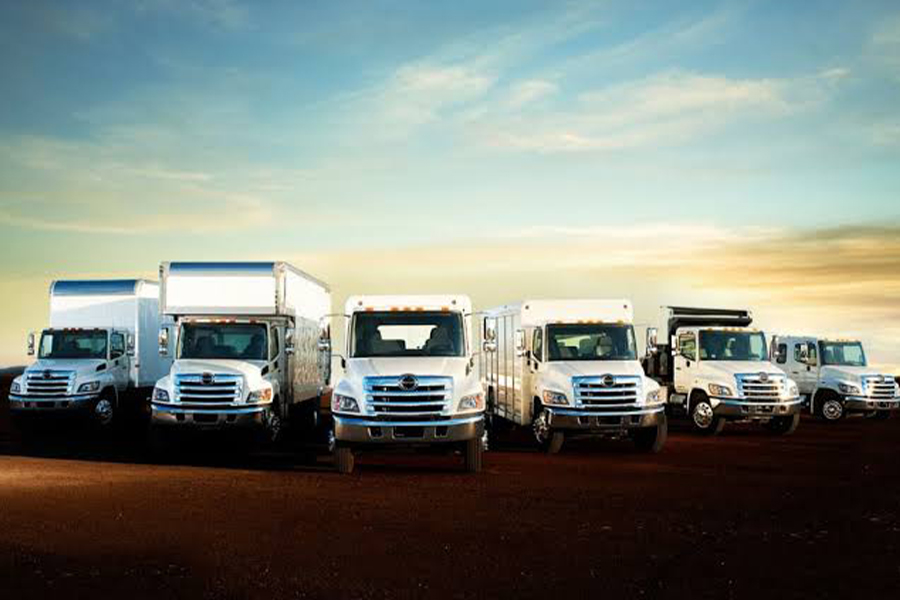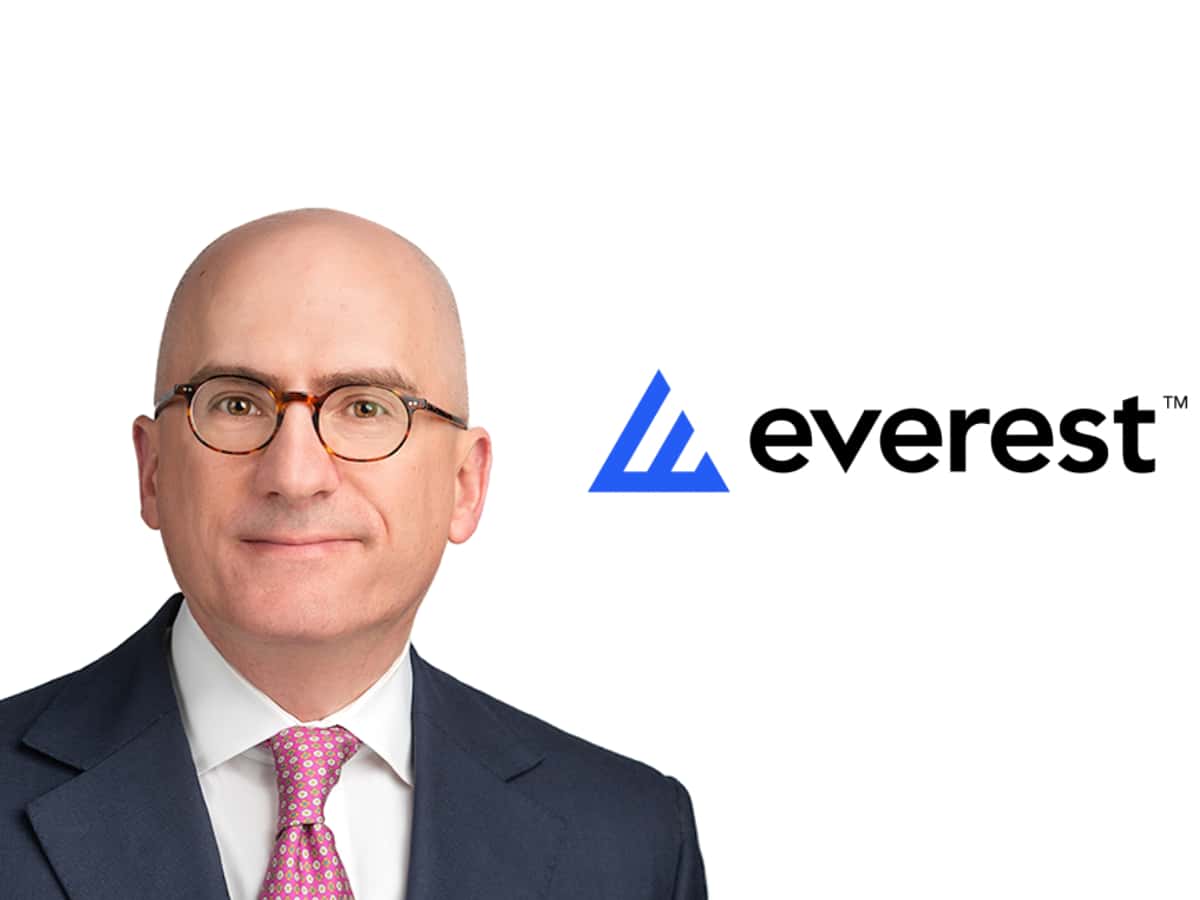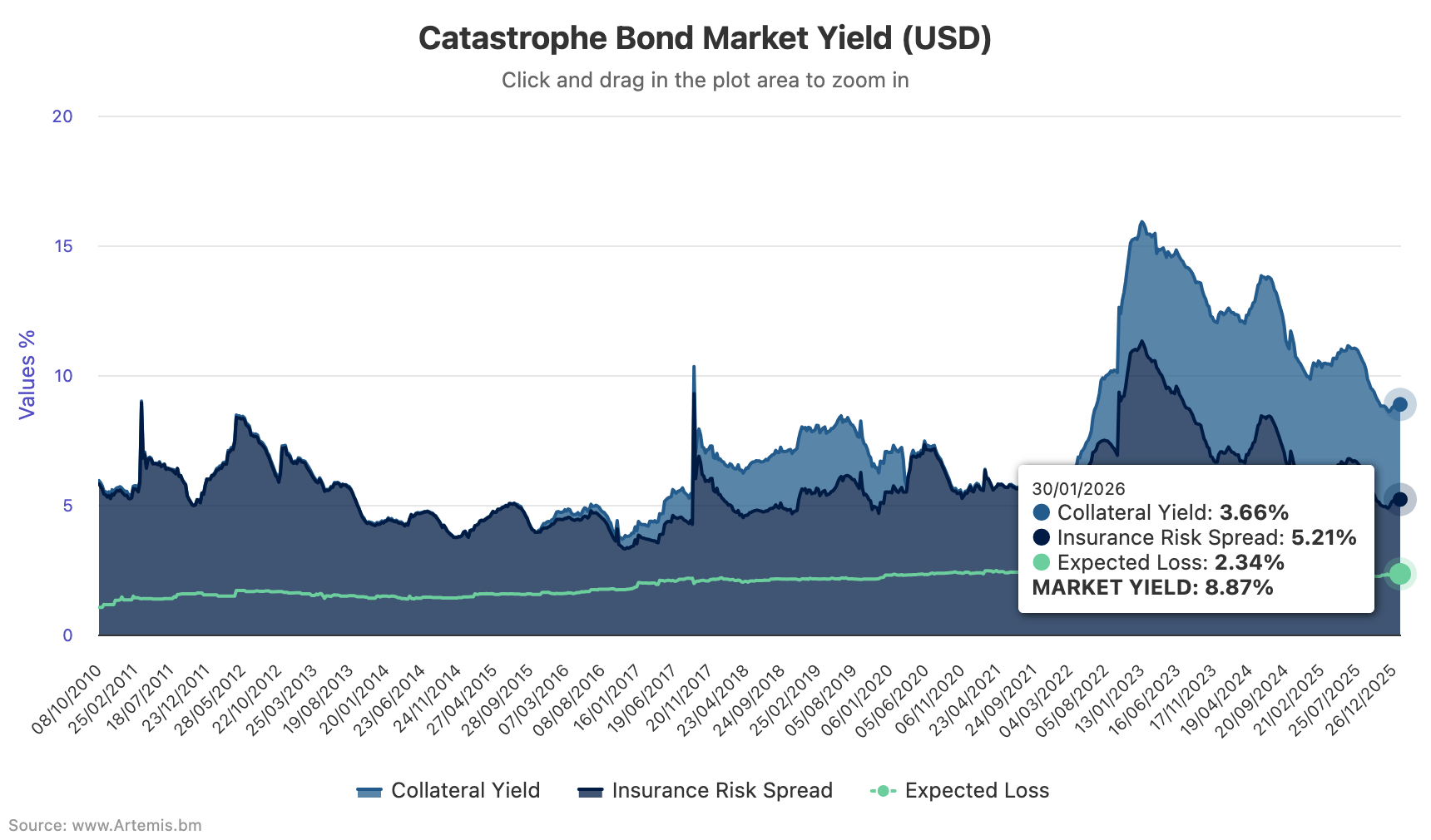
Many factors help insurers determine the cost of commercial auto insurance, including vehicle usage and driving history.Cost is also impacted by the coverage options business owners select for expanded protection, such as roadside assistance and comprehensive coverage.Most businesses can expect to pay an annual premium of $600 to $2,400 per vehicle.
Business owners who want to save money on their commercial auto insurance should consider Progressive Commercial.You can get a quote fast with their easy online application or call to speak with a licensed expert to help you find the best combination of price and coverage for your business.Visit Progressive Commercial What Commercial Auto Insurance Is Commercial auto insurance covers accidents when you’re at fault and driving a business-owned vehicle.
Policies typically pay for injuries and property damage the insured causes another person.Some policies include first-party coverage, which pays for the insured’s medical expenses and vehicle damage.Most states require business owners with vehicles to have at least liability coverage.
Business owners who rely on vehicles to operate, such as making deliveries, traveling to visit clients, and transporting business equipment or property, need commercial auto insurance.Commercial auto policies typically have higher limits than personal auto insurance policies.Your policy can help pay for a claim up to your coverage limits.
How Much Does Commercial Auto Insurance Cost? Like other types of business insurance, commercial auto insurance cost depends on several factors, such as vehicle type and coverage options.Insurers weigh these factors to determine the probability of your business filing a claim.Most business owners can expect to pay an annual premium of $600 to $2,400 per vehicle.
Commercial Vehicle Insurance Costs by Vehicle Type Vehicle Type Annual Premium Range Commercial Car $600 – $2,400 Limousine $4,000 – $6,000 Taxi Cab $5,000 – $10,000 Delivery or Cargo Van $3,300 – $6,200 Tow Truck $3,600 – $7,200 Typically, commercial auto insurance is 50% more than a personal auto policy with comparable liability limits.As a business, there’s a higher probability that you might be sued if there’s an accident because you’re generally on the road more often and commercial vehicles tend to be larger in size.As a result, premiums for commercial vehicles trend higher than personal vehicles.
Policies for one car usually cost less than policies for a fleet of vehicles.To help keep premium costs low, many businesses only insure one vehicle.If your business owns more than one vehicle, many insurance carriers also offer fleet insurance, which covers all the vehicles your business owns under one policy.
Vehicles that require a commercial driver’s license (CDL) may require a special type of coverage.For example, semi truck insurance cost can vary due to ownership status—whether you’re a leased owner-operator or an owner-operator with authority.Additional Commercial Auto Coverage Costs Most insurers allow policyholders the option of customizing their commercial auto insurance with additional coverages.
Endorsements offer additional layers of protection to your existing commercial auto policy.If a basic commercial auto policy doesn’t cover all your risks, talk to your agent about endorsements or look for broader coverage.Here are the costs of some common commercial auto insurance endorsements: Common Commercial Auto Endorsements Endorsement Annual Cost Hired and Non-owned Auto Liability $50 – $100 Hired Auto Physical Damage $150 – $200 Roadside Assistance (per Vehicle) $50 – $75 Rental Reimbursement $100 – $150 Your business’ individual needs will help you determine if these additional coverages are worth it.
For example, you likely don’t need hired and non-owned auto insurance if you only drive business-owned vehicles.Rental reimbursements may be a good idea if your work depends on your business-owned vehicle.Talk to your insurance agent about which endorsements might be right for your business.
What Impacts Commercial Auto Insurance Costs A variety of factors impact the cost of commercial auto insurance.Business insurance companies review these details to determine the likelihood of you filing a claim.You may have control over some of these factors, such as vehicle usage and policy limits.
Others, like general industry trends, are beyond your control.To answer how much does commercial auto insurance cost, insurers consider these basic factors: Vehicle Usage Insurers look at the way you use your business vehicle, and how often.Your driving activities, whether you’re hauling goods or making deliveries, influence your premium.
Items with inherently more risk, such as hazardous materials, can cause premiums to go up too.If you’re transporting special equipment or regularly traveling long distances, you might need higher limits.If you’re just traveling to meet clients or visit worksites, your rates are typically lower.
Vehicle Type & Value Your vehicle’s make, model, year, and size are taken into consideration.A basic passenger vehicle, like a sedan, typically needs less coverage than a larger, heavier vehicle used for delivery and transport.Because of their weight class, heavy vehicles, like semitrucks and vans, often have more costly accidents.
Additionally, expensive vehicles are more costly to repair, so you can expect to insure them for more.Number of Vehicles & Drivers The more vehicles and drivers your business has, the more risk you have.A larger fleet requires additional coverage, and you may need commercial fleet insurance.
You should carefully review your employees’ driving records.Employees with poor driving records usually cost more to insure.Your insurer will also factor in whether the vehicles in use are owned by your business or owned by your employees.
Coverage Types Adding extra or optional coverage increases the overall cost of your commercial auto insurance.This might include endorsements like roadside assistance or boosting your coverage with options like comprehensive and collision.Common commercial auto insurance coverages include: Liability: Pays for third-party injuries as well as accident-related legal expenses.
Medical payments: Covers medical expenses for you, your insured driver, and your passengers.Uninsured and underinsured motorist: Helps pay for you or your insured driver’s losses when a driver with little or no auto insurance causes you bodily injury or damage to your vehicle.Collision coverage: Pays for repairs or the replacement of an insured’s vehicle after impact with another car or object, like a tree or pothole, causes physical damage.
Comprehensive coverage: Pays for repairs or the replacement of an insured business vehicle if an event other than a collision causes the physical damage (e.g., vandalism, theft, fire, falling objects, and so on).Talk to your agent about your coverage options to ensure you aren’t underinsured and have adequate protection.Policy Limits Insurance companies typically recommend a commercial auto coverage limit of $1 million, with $500,000 as the minimum.
When businesses have higher limits, their premiums go up too.For example, a $1 million liability policy has a significantly higher premium than a policy that just meets the state minimum liability limits, but it also means less costs to business owners if they experience a claim.Claims History A clean or low claims history can translate to lower premiums.
Fewer claims typically mean your business is less risky to insure.Many insurance carriers take the past three years of your driving history into account.Try to maintain a safe driving record to reduce your premiums.
Also, consider using anti-theft technology to keep your business vehicle secure.Location Commercial auto insurance tends to cost more in areas with above-average claims.If your area has heavy traffic or experiences more crime, theft, and vandalism, your policy might be priced higher to cover potential accidents or losses.
If you opt for comprehensive coverage and your business operates in an area known for high winds or flooding, then your commercial auto insurance will cost even more.Businesses in more rural areas typically have lower rates.The Cost of Not Having Commercial Auto Insurance Commercial auto insurance covers your business for potential claims you might be liable for.
Most states require every vehicle on the road, whether it’s a personal car or business-owned vehicle, to be covered by auto insurance.Minimum coverage for third-party injuries and property damage is typically mandated.Even if liability coverage isn’t mandated, states typically require business owners to demonstrate they can afford to pay for other people’s damages and injuries.
Without a commercial auto policy, you might be violating state law requirements—subjecting you to penalties, fines, or jail time.Additionally, if you don’t have coverage and you or an employee gets into an accident while driving for work-related purposes, your business could be on the hook for paying damages out of pocket.An expensive lawsuit could put you out of business.
Why Business Owners Need Commercial Vehicle Insurance Aside from legal requirements, any business owner who uses or owns vehicles for work should consider obtaining commercial auto insurance.This includes those who rent, hire, or borrow vehicles for work—and even small business owners who use a personal vehicle for work-related purposes.Business activities are usually excluded from your personal auto policy.
Some other situations when businesses might need commercial vehicle insurance include: Your vehicle is regularly being used to pick up or deliver goods or meet with clients.You have employees who use your vehicle or their own vehicles to run business-related errands.Your vehicle has specialty equipment permanently installed or attached for your business, such as a painter’s van with a ladder or a contractor’s truck with a trailer hitch.
Generally, these situations require more commercial auto insurance coverage because the more often you’re on the road and the more miles you drive, there’s an increased risk of an accident of injury.Commercial Auto vs Personal Auto Insurance Driving a vehicle for business purposes presents different risks, often resulting in higher claims, so insurers typically exclude commercial driving from personal policies.However, if you seldom drive your personal vehicle for work, your personal auto policy may have sufficient liability coverage for your business activities.
If your business owns a vehicle, only commercial auto can offer coverage.In some cases, you may be able to add an endorsement for personal use to a commercial auto policy.Check with your insurer to see what options are available to you.
Tips to Reduce Commercial Auto Insurance Costs Many insurers offer discounts on commercial auto insurance if you meet certain qualifications.Commercial auto insurance can be expensive, but it’s an important investment to keep you, your employees, and your business protected.Be sure to ask your agent about discounts available to reduce your premium.
Here are four tips to help keep your commercial auto insurance costs low: 1.Maintain a Safe Driving Record Because driving history—both yours and your employees’—has such a major impact on your rate, it’s important to practice safe driving habits.Even a small moving violation can significantly affect your premium.
Hold regular training sessions for employees and establish a zero-tolerance policy on unsafe habits, such as texting while driving.2.Increase Your Deductible & Lower Your Limits If you choose a higher deductible, your premium is typically lower.
However, this means you must have enough cash on hand to cover that deductible if you need to make a claim.By lowering your liability coverage, you can save on your commercial auto premium.But keep in mind that by reducing your limits, you’re also reducing your coverage.
Your insurer can help you determine the right amount of coverage needed for your business.3.Pay Your Policy in Full If you can comfortably do so, paying your commercial auto policy in one lump sum can save you money on your premium.
Insurers typically charge a bit more if your payments are monthly.Review your business’ monthly budget to see if this is a feasible option.4.
Go Electronic With Your Billing & Payments Most carriers offer policyholders a discount for opting into paperless billing and making payments electronically.It saves them the cost of printing and mailing your statements, as well as processing manual payments.You’ll help save the environment and put some cash back into your pocket.
Commercial Auto Insurance Frequently Asked Questions (FAQs) Businesses that own or operate vehicles for work purposes typically need commercial auto insurance and often have questions about coverage.We’ve answered some frequently asked questions below.Does personal auto insurance cover business-related driving? Typically, personal auto insurance doesn’t cover a vehicle if it’s being used for business purposes.
However, commercial auto insurance can cover your vehicle for both commercial and personal use in some cases.Ask your insurer what’s covered by your specific policy.If personal use isn’t covered, you might be able to add an endorsement.
How do I get commercial auto insurance? To obtain commercial auto insurance, shopping for multiple quotes online can help you find affordable coverage.You can also work with your current small business insurance company to get coverage if they offer commercial auto.Most insurers offer similar commercial auto policies, but it helps to find an insurance carrier that is familiar with your industry’s unique risks.
What’s hired & non-owned auto insurance? Hired and non-owned auto insurance covers third-party property damage and injury caused by vehicles that a business rents, leases, or hires for work purposes—essentially any vehicle that your business does not own.It also offers coverage for businesses that have employees who use personal vehicles for work purposes.Bottom Line Commercial auto insurance costs vary from business to business, dependent on numerous factors weighed by insurance carriers.
Some considerations include vehicle type and value, claims history, business industry, and number of drivers.Most small business owners can expect to pay $600 to $2,400 per vehicle annually for commercial auto insurance.Progressive Commercial offers business owners free, fast online quotes and access to expert professionals who can help you save on commercial auto insurance.
Visit Progressive Commercial
Publisher: E-Insurance News








